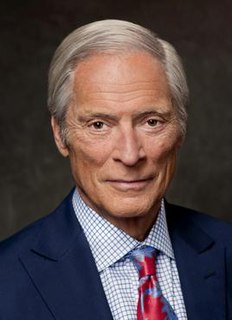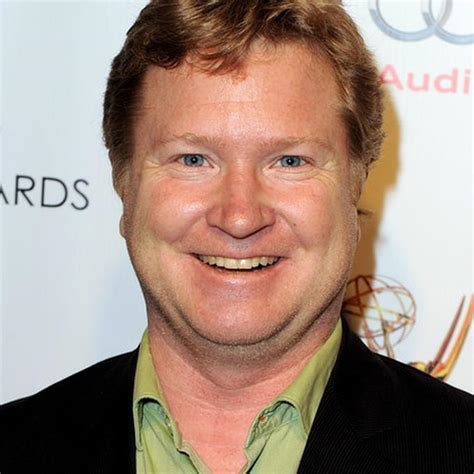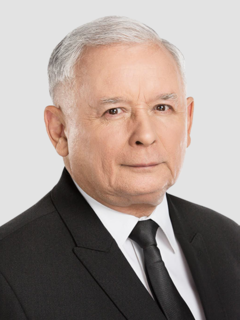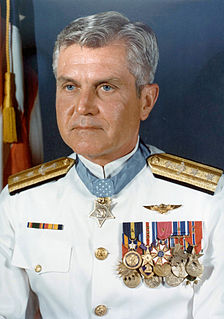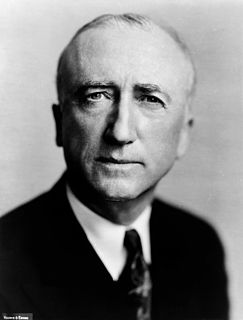A Quote by Bob Simon
Few tears will be shed over the demise of the East German army, but what about East Germany’s eighty symphony orchestras, bound to lose some subsidies? Or the whole East German system, which covered everyone in a security blanket from day care to health care, from housing to education? Some people are beginning to express, if ever so slightly, nostalgia for that Berlin Wall.
Quote Topics
About
Army
Beginning
Berlin
Berlin Wall
Blanket
Bound
Care
Covered
Day
Day Care
Demise
East
East Germany
Education
Eighty
Ever
Everyone
Express
Few
German
Germany
Health
Health Care
Housing
Lose
Nostalgia
Over
People
Security
Shed
Slightly
Some
Some People
Subsidies
Symphony
Symphony Orchestra
Symphony Orchestras
System
Tears
Wall
Which
Whole
Will
Related Quotes
In comparison to the U.S. health care system, the German system is clearly better, because the German health care system works for everyone who needs care, ... costs little money, and it's not a system about which you have to worry all the time. I think that for us the risk is that the private system undermines the solidarity principle. If that is fixed and we concentrate a little bit on better competition and more research, I think the German health care system is a nice third way between a for-profit system on the one hand and, let's say, a single-payer system on the other hand.
[Mikhail] Gorbachev said that he would agree to the unification of Germany, and even adherence of Germany to NATO, which was quite a concession, if NATO didn't move to East Germany. And [George] Bush and [James] Baker promised verbally, that's critical, verbally that NATO would not expand "one inch to the east," which meant East Germany. Nobody was talking about anything farther at the time. They would not expand one inch to the east. Now that was a verbal promise. It was never written. NATO immediately expanded to East Germany.
Germany's potential makes up about 20% of the EU's overall economic power, including Great Britain. The German army is by no means strong enough to guarantee the security of the EU's two endangered flanks - in the east and in the south. So all that remains for Germany is partnerships with its neighbours and other EU member states. Germany should stick to that role.
The German health care system is unique in its attempt to combine competition among sickness funds on the one hand and a universal coverage plan on the other hand. Most health care systems are either one or the other, so you either have private insurance and competition but not everyone is covered for everything, or you have a single-payer system. So the ideal types are like the American system on the one hand or the Scandinavian or U.K. systems on the other end.
Germany tries to combine the advantages.
Sometimes, because of its immediacy, television produces a kind of electronic parable. Berlin, for instance, on the day the Wall was opened. Rostropovich was playing his cello by the Wall that no longer cast a shadow, and a million East Berliners were thronging to the West to shop with an allowance given them by West German banks! At that moment the whole world saw how materialism had lost its awesome historic power and become a shopping list.
In 1995, I went to Berlin to acting school, which was in East Berlin. And I decided to live in the east, because I thought if I go to West Berlin, I might as well stay in Stuttgart in the West because I know all the signs, and the way we deal with each other, and I wanted to get to know the other part of Germany and how they lived and what their history was and their biography. In that period of time, I learned a lot, and it helped me a lot.
Chocolate and candy. That's what we brought in to our friends. We worked in East Berlin with other artists who were smuggled out to come work in the Western Bloc. It was extraordinary because people in East Berlin just wanted to know what was happening. Music. Fashion. The news. All of the things we get every day.
Someone might say about a person, "Oh, they are a 'Westerner." But who are Westerners? Greek, Bulgarian, German, English, Scandinavian, Spanish, American, Latin. All different nations, all different people. Different individuals live in the West. There's no such thing as "West" just as there's no such things as "East." What is "East?" Turkey, Iran, China, India, Japan. They are all different. They are all unique.
